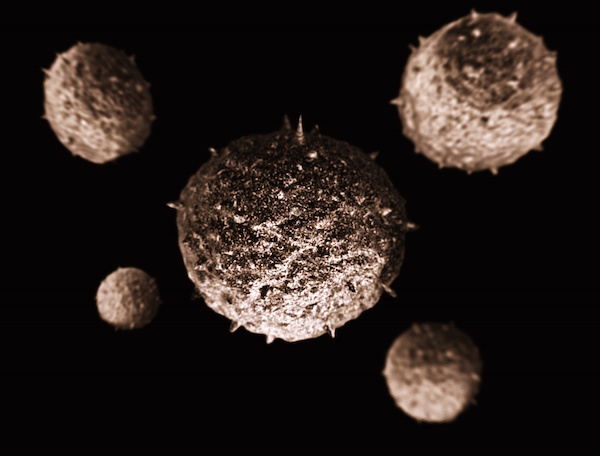
FRIDAY, April 22 (HealthDay News) — Brain cancer patients live longer if neurological side effects from chemoradiation can be minimized, a new study says.
U.S. researchers analyzed the records of 2,761 patients with high-grade gliomas — the most common primary brain tumor — who were enrolled in 14 Radiation Therapy Oncology Group studies between 1983 and 2003.
Patients who didn’t experience neurological side effects, such as fatigue and memory loss, during chemoradiation lived an average of four months longer than those who had such effects, said the team at the Kimmel Cancer Center at Thomas Jefferson University in Philadelphia.
Chemoradiation involves giving patients chemotherapy and radiation treatments together.
Side effects were most likely to occur in patients who were older, frailer, had more symptoms and were receiving radiation twice a day.
The researchers said their findings suggest that damage to normal tissue during chemoradiation plays an important role in determining long-term survival and that minimizing side effects could benefit patients.
“Our results support the personalized approach to brain tumor management . . . and emphasize the importance of minimizing side effects,” Yaacov Richard Lawrence, an assistant professor in the radiation oncology department at Thomas Jefferson University and director of the Center for Translational Research in Radiation Oncology at Sheba Medical Center in Israel, said in a university news release.
The study is published in the April issue of the British Journal of Cancer.
More information
The U.S. National Cancer Institute has more about brain tumors.

